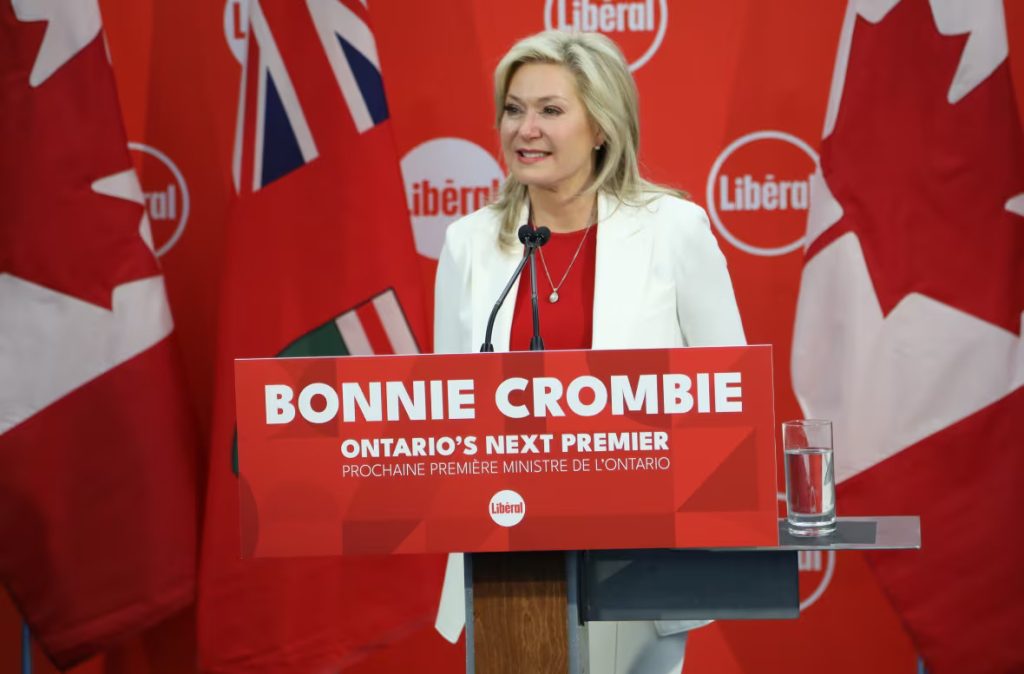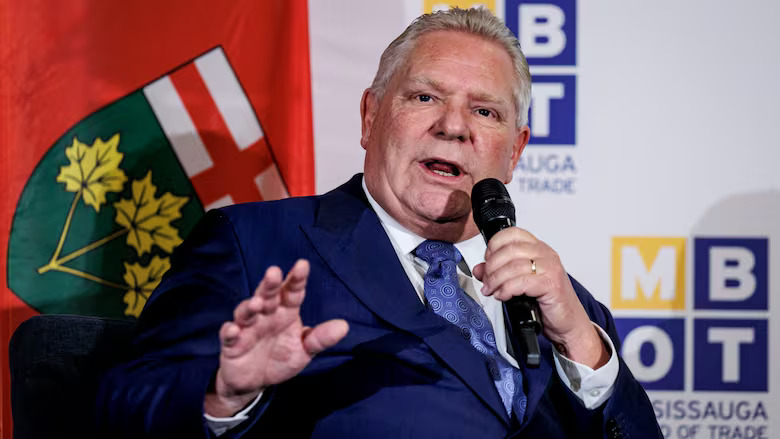Premier Doug Ford’s decision to call an early election for February 27, 2025, has sparked discussions about the political strategy behind the move. While Ford has framed the early vote as a response to U.S. President Donald Trump’s tariff threats, insiders say the timing offers significant advantages to Ford and his Progressive Conservative (PC) Party. Here’s why:
The PCs have been preparing for an election since the start of their mandate, with superior fundraising efforts in 2023 and 2024. Their financial resources have funded voter outreach, advertising, and data-driven campaigning. In contrast, opposition parties, including Marit Stiles’s NDP and Bonnie Crombie’s Liberals, appear less prepared.

“Anytime you are leading in the polls is a good time to call an election,” said Andrew Brander, a former PC campaign manager.
The PCs have also nominated more candidates than their rivals, further solidifying their readiness.
Ford’s reluctance to call an early election reportedly shifted after Prime Minister Justin Trudeau’s January 6 resignation announcement. Trudeau’s departure triggered a federal Liberal leadership race, draining resources and organizers from the Ontario Liberal Party.
“There are only so many people in Ontario who know how to run elections,” said Laryssa Waler, Ford’s former director of communications.
Ford has positioned himself as a defender of Ontario against Trump’s tariff threats. His scheduled trips to Washington during the campaign will showcase his leadership on international trade, reinforcing his image as a strong leader.
“Even voters who weren’t previously accessible to the Ontario PCs may now see Ford as having their best interests at heart,” said Waler.
Calling an early election circumvents Ontario’s six-month cap on pre-campaign party advertising. The PCs have used their financial edge to flood the airwaves with ads promoting Ford and attacking Crombie. Additionally, government ads promoting Ontario, which would have been restricted closer to a scheduled election, have bolstered Ford’s public image.
Historically, provincial parties struggle when their federal counterparts are in power. With Pierre Poilievre expected to lead the federal Conservatives to victory in an election this year, Ford’s team is keen to avoid potential backlash from Poilievre’s policies affecting Ontario.
By calling an early election, Ford avoids facing voters under the cloud of potential charges in the ongoing RCMP investigation into the Greenbelt affair. The government’s controversial decision to allow development on protected land dominated headlines early in this mandate but may fade in voters’ minds by election day.
The timing coincides with $200 government cheques landing in voters’ mailboxes, providing a tangible benefit to Ontarians ahead of the polls. If Ford secures another majority, he would become the first premier to achieve three consecutive PC majorities since Leslie Frost in the 1950s.
Doug Ford’s early election call leverages strategic advantages, from campaign readiness to preempting political risks. While opposition parties criticize the move, Ford and the Ontario PCs are betting that their timing will deliver another majority government.

